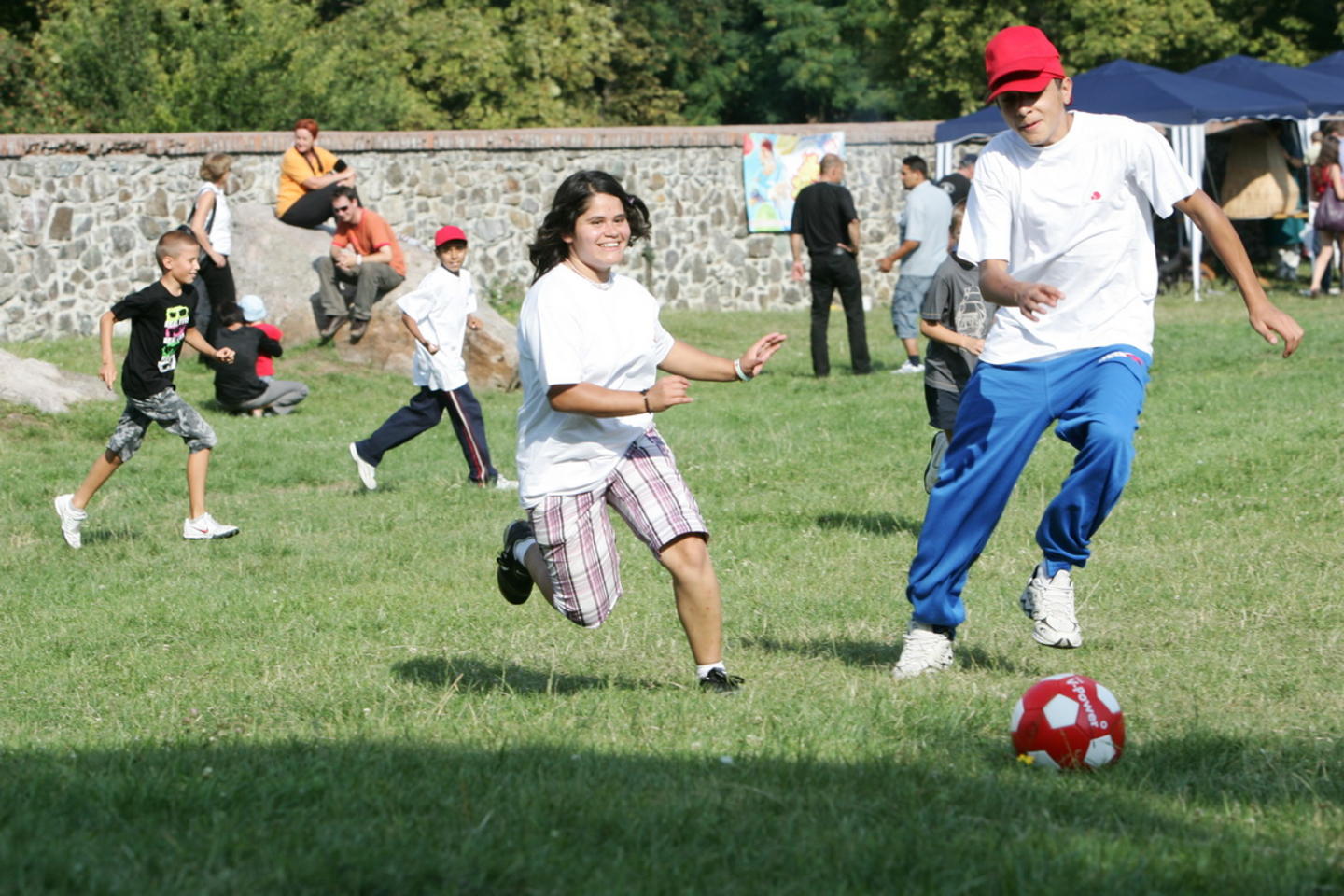The availability of easy-access, high quality services for treatment is an important means for tackling the problem of drug abuse and reintegrate substance abusers into society. For that reason, many projects financed by the EEA and Norway Grants are concerned with improving the availability and quality of treatment facilities. In Bulgaria and Hungary for instance, Iceland, Liechtenstein and Norway have supported the establishment and improvement of three treatment centres for young drug addicts. In the Czech Republic, a new specialised rehabilitation centre for women with substance abuse problems has been set up, where the patients are taught how to engage in a healthy, drug-free lifestyle, and helped to find employment and vocational training.
Preventive efforts
While treatment and rehabilitation is important, preventing drug and alcohol abuse also means human, social and economic savings. The EEA and Norway Grants therefore also support preventive measures, such as an awareness-raising campaign towards Bulgarian children and adolescents about the dangers of substance abuse, the establishment of a new national drug helpline in Bulgaria, and training programmes for psychologists and parents in Romania, in order to improve information to children on the dangers of substance abuse. In the Czech Republic, a new education and training centre for drug abuse prevention has been established, and children’s doctors have received training in how to recognise and help children and teenagers with substance abuse problems. In Poland and Hungary, Iceland, Liechtenstein and Norway support measures to increase access to preventive and health services in order to combat consumption of alcohol and drugs among children and adolescents.
People from vulnerable groups, unemployed, individuals with low levels of completed education and people suffering from psychiatric disorders are often more likely to develop drug dependency than others. According to a report published in 2009 by the European Monitoring Centre for Drugs and Drug Addiction, 45 percent of drug users entering treatment have at best completed primary school, and about 40 percent of users entering treatment are unemployed. Many of the preventive programmes thus focus specifically on identifying and targeting individuals with a high risk of developing substance abuse problems.
Promoting healthy after-school activities
The EEA and Norway Grants also support a range of projects aiming to increase the opportunity for children and adolescents to engage in healthy after-school activities. Although not always directly aimed at drug prevention, the availability of sports and other social leisure-time activities can promote a healthy lifestyle, and prevent children and adolescents from hanging out on the street and spending time in pubs and bars.
Civil society projects
In addition, more than €390,000 has also been awarded to different subprojects focusing on substance abuse prevention and rehabilitation over the various NGO funds of the EEA and Norway Grants in the Czech Republic, Estonia, Hungary, Latvia, Slovakia and Slovenia.
Picture: Access to healthy after-school activities can prevent children and adolescents from drinking alcohol and experimenting with drugs. Photo courtesy of the community of Velké Leváre.
